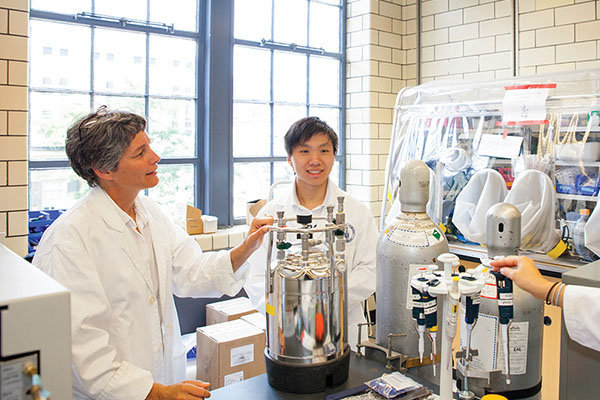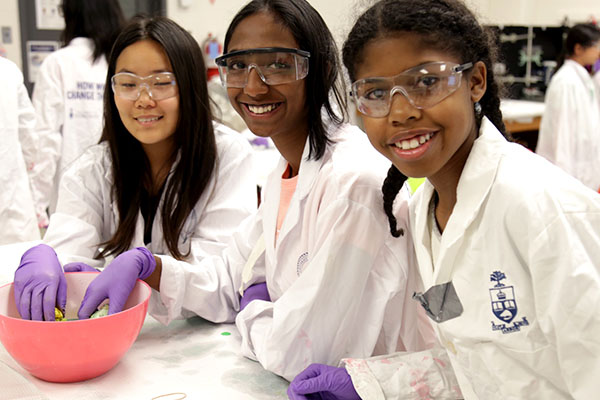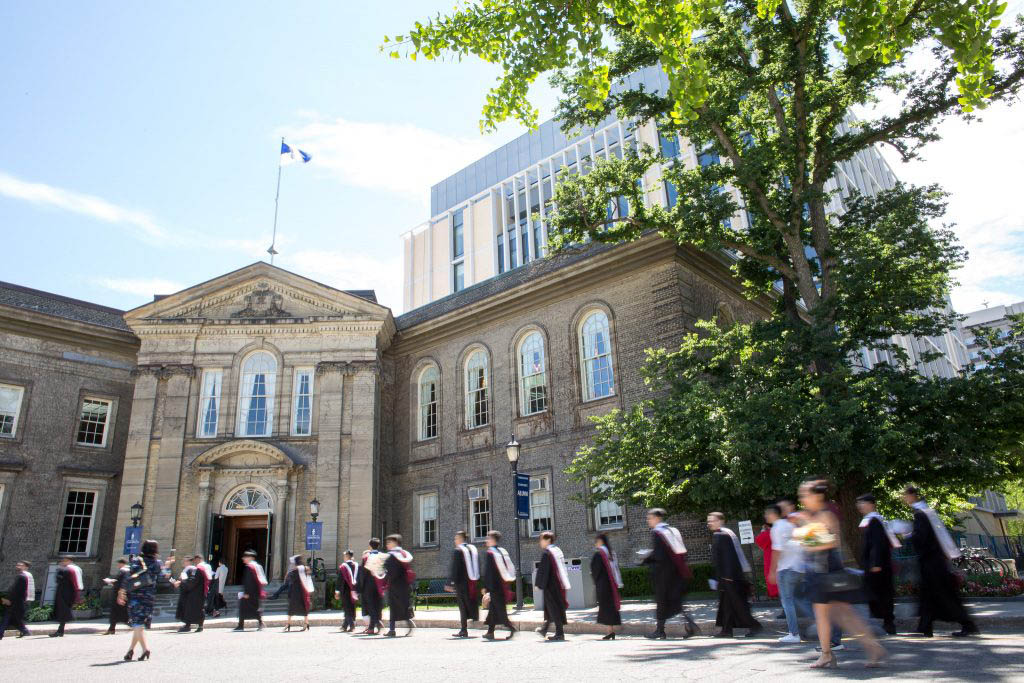Christopher Y. Lim, Postdoctoral Fellow, Department of Chemistry, University of Toronto
Abstract
The chemistry of organic aerosol (OA) and indoor films is immensely complex due to the vast number of organic compounds present in the air and on surfaces and their complex reaction pathways. Laboratory experiments have generally focused on the initial formation of OA from volatile organic compounds (VOCs), but have neglected processes that can change the composition and loading of organics over longer timescales (“aging”). This seminar will describe several laboratory studies that better constrain the effects of heterogeneous oxidation, the reaction of gas-phase radicals with organic molecules in the condensed phase, both outdoors and indoors. First, the effect of particle morphology on the rate of heterogeneous oxidation is examined by comparing the hydroxyl radical (OH) oxidation of particles with thin organic coatings to pure organic particles. Results show that morphology can have a strong impact on oxidation kinetics and that particles with high organic surface area to volume ratios can be rapidly oxidized. Second, the molecular products from the heterogeneous OH oxidation of model organic particles are measured. Significant concentrations of oxygenated VOCs are observed in the gas phase indicating the importance of fragmentation reactions that break carbon-carbon bonds and decrease OA mass. Finally, the effect of aging on organic films indoors is examined by measuring the heterogeneous ozonolysis products of lingering cigarette smoke on surfaces (thirdhand smoke). Small, gas-phase acids are found to be significantly enhanced when the surfaces are exposed to ozone. The results from this work emphasize that aging of organic particles and films can significantly alter their composition and lead to the volatilization of gas-phase products.












